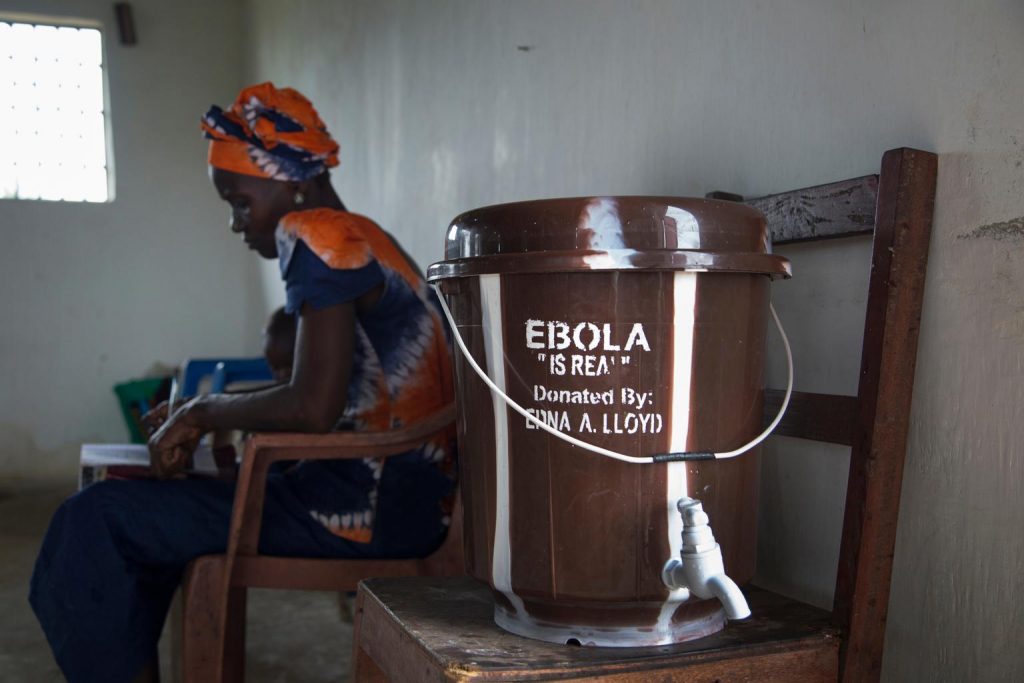Sociocultural, economic and political dimensions play a defining part in epidemics and pandemics. Anthropological involvement is increasingly recognised as important, however integration of social sciences during global health crises remains, for the most part, delayed, inconsistent and distant from the centre of decision making and resource prioritisation.
This problem is representative of much larger systemic barriers to academic and practitioner coordination in global health, humanitarian aid, and development practice. While anthropological insights on-the-ground can and do inform extraordinary containment and education efforts during medical humanitarian emergencies, they are all too often not scaled up.



